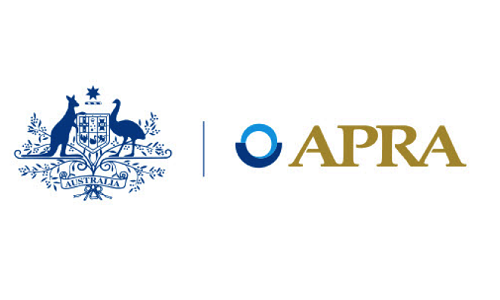
Australia's ANZ Banking Group, which gets about a quarter of group earnings from its New Zealand subsidiary, says it's reviewing a discussion paper released by the Australian Prudential Regulation Authority (APRA) on the capital treatment by Australian banks of investments in subsidiaries.
APRA says its proposals will increase the amount of equity required to support investments in large subsidiaries and reduce that for small subsidiaries.
"The proposals seek to balance the benefits of revenue diversification that banks can achieve by owning subsidiary operations against the potential concentration risk that arises as these investments increase in size," APRA says.
"APRA estimates that no material additional capital will be required at an aggregate industry level; however individual ADIs [authorised deposit taking institutions] may need to raise capital, or may gain a capital benefit, depending on the level of their exposures to subsidiaries."
APRA says its approach has in part been shaped by the Reserve Bank of New Zealand (RBNZ) proposal to materially lift regulatory capital requirements for NZ banks. APRA also says it held discussions with the RBNZ on its proposed revisions, and will maintain an open dialogue with the RBNZ as the two regulators work to strengthen the resilience of their respective financial systems and protect the interests of depositors in both countries.
Of the RBNZ proposals, APRA says these would impact Australia’s major banks because they own NZ’s four largest banks being ANZ NZ, ASB, BNZ and Westpac NZ.
“These proposed measures seek to support the resilience of the major banks' Australian operations. In relation to New Zealand, there are a number of options available to the banks. If they decide to fund any higher capital requirements by retaining local profits, they are unlikely to require additional capital domestically," APRA Deputy Chairman John Lonsdale says.
In a brief statement noting the APRA proposals and consultation, ANZ says it is currently reviewing the discussion paper and it will provide an update after further analysis.
In its own statement BNZ's parent National Australia Bank (NAB) says on a pro forma basis the proposed APRA changes aren't expected to impact the amount of capital required to be held by the NAB Group. It does note however that BNZ has NZ$1.4 billion of Additional Tier 1 and Tier 2 securities issued to NAB. Replacing these intra-group securities with externally issued instruments over time could reduce Level 1 capital requirements, says NAB.
ASB's parent Commonwealth Bank of Australia estimates APRA's proposals would reduce its Level 1 Common Equity Tier 1 Capital Ratio by about 30 basis points. Westpac NZ's parent, the Westpac Banking Corporation, says applying APRA's proposed approach would reduce its Level 1 Common Equity Tier 1 Capital Ratio by about 40 basis points, or A$1.6 billion.
APRA is proposing:
- increasing the capital ADIs must hold to offset concentrated exposures to foreign or domestic banking or insurance subsidiaries;
- reducing the capital ADIs must hold to offset smaller exposures to banking or insurance subsidiaries;
- incorporating into the prudential standard various rulings and technical information APRA has published since APS 111 was last substantially updated in 2013; and
- aligning APS 111 with updated guidance from the Basel Committee on Banking Supervision.
Consultation is open until January 31 next year. APRA then expects its updated prudential standard - APS 111 Capital Adequacy: Measurement of Capital which establishes the criteria for ADIs’ regulatory capital requirements - to come into force from January 1, 2021.
Tuesday's announcement comes after APRA in August released a strengthened prudential standard aimed at mitigating contagion risk within banking groups despite requests from banks to hold off until the RBNZ review of NZ bank capital adequacy requirements is finalised.
Announced in December last year the RBNZ capital proposals would see NZ banks - led by ANZ NZ, ASB, BNZ and Westpac NZ - required to bolster their capital by about $20 billion over a minimum of five years. For background and detail on the proposals and bank capital in general, and the nuts and bolts of what's proposed, see our three part series here, here and here. Additionally the RBNZ proposes to designate the big four as systemically important banks meaning they'd have capital requirements above and beyond other banks. The final RBNZ decisions are due out in early December.
2 Comments
What NZ needs :The Committed Liquidity Facility
The Reserve Bank provides the Committed Liquidity Facility (CLF) as part of the global framework to improve the resilience of the banking system to periods of liquidity stress. The CLF is required due to the low level of government debt in Australia. This limits the amount of high-quality liquid assets that financial institutions can reasonably hold as a buffer against periods of liquidity stress. Under the CLF, the Reserve Bank commits to providing a set amount of liquidity to institutions, subject to them satisfying several conditions. These include having paid a fee on the committed amount. No financial institution has needed to draw upon the CLF in response to a period of financial stress.

We welcome your comments below. If you are not already registered, please register to comment.
Remember we welcome robust, respectful and insightful debate. We don't welcome abusive or defamatory comments and will de-register those repeatedly making such comments. Our current comment policy is here.